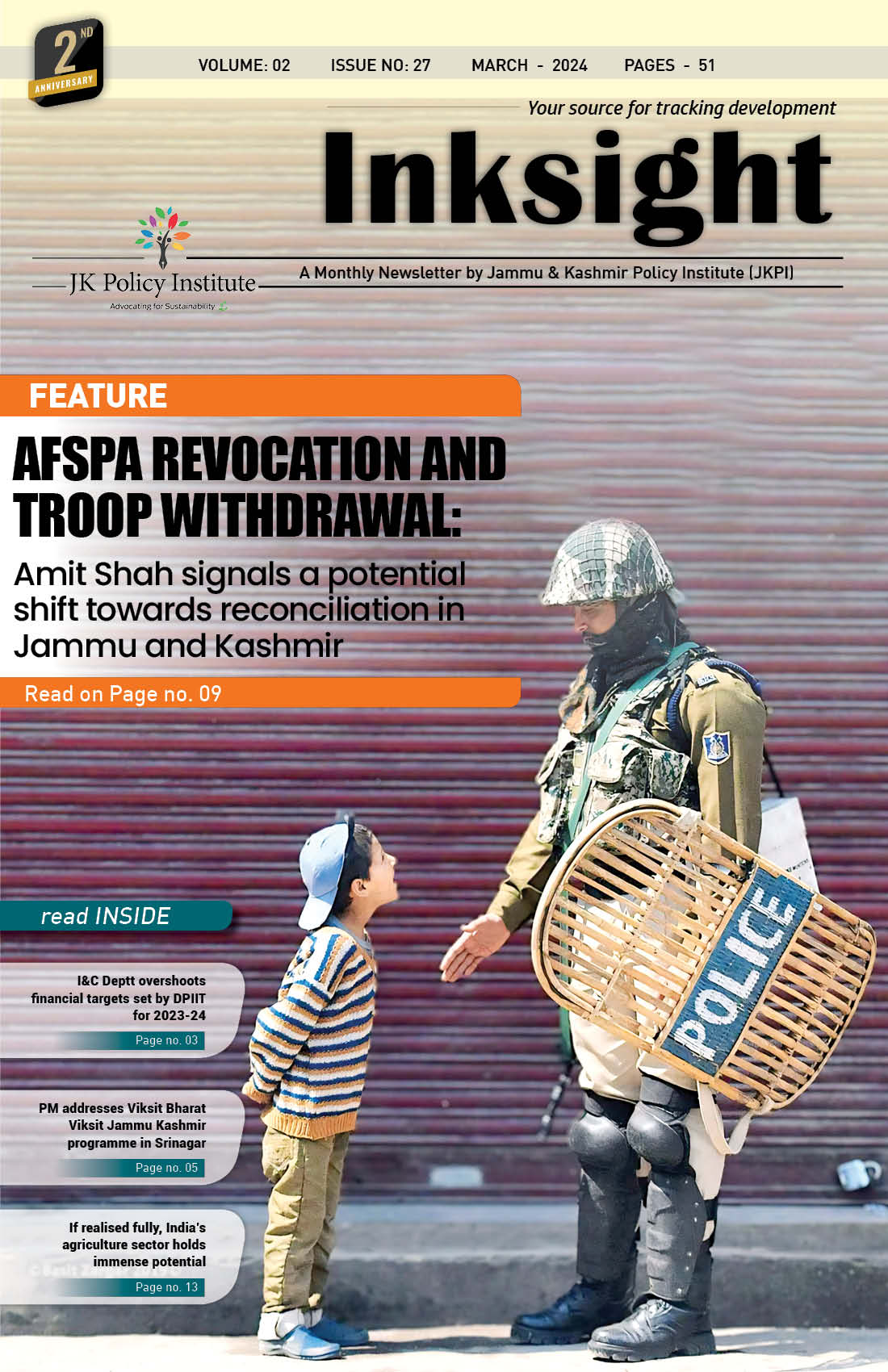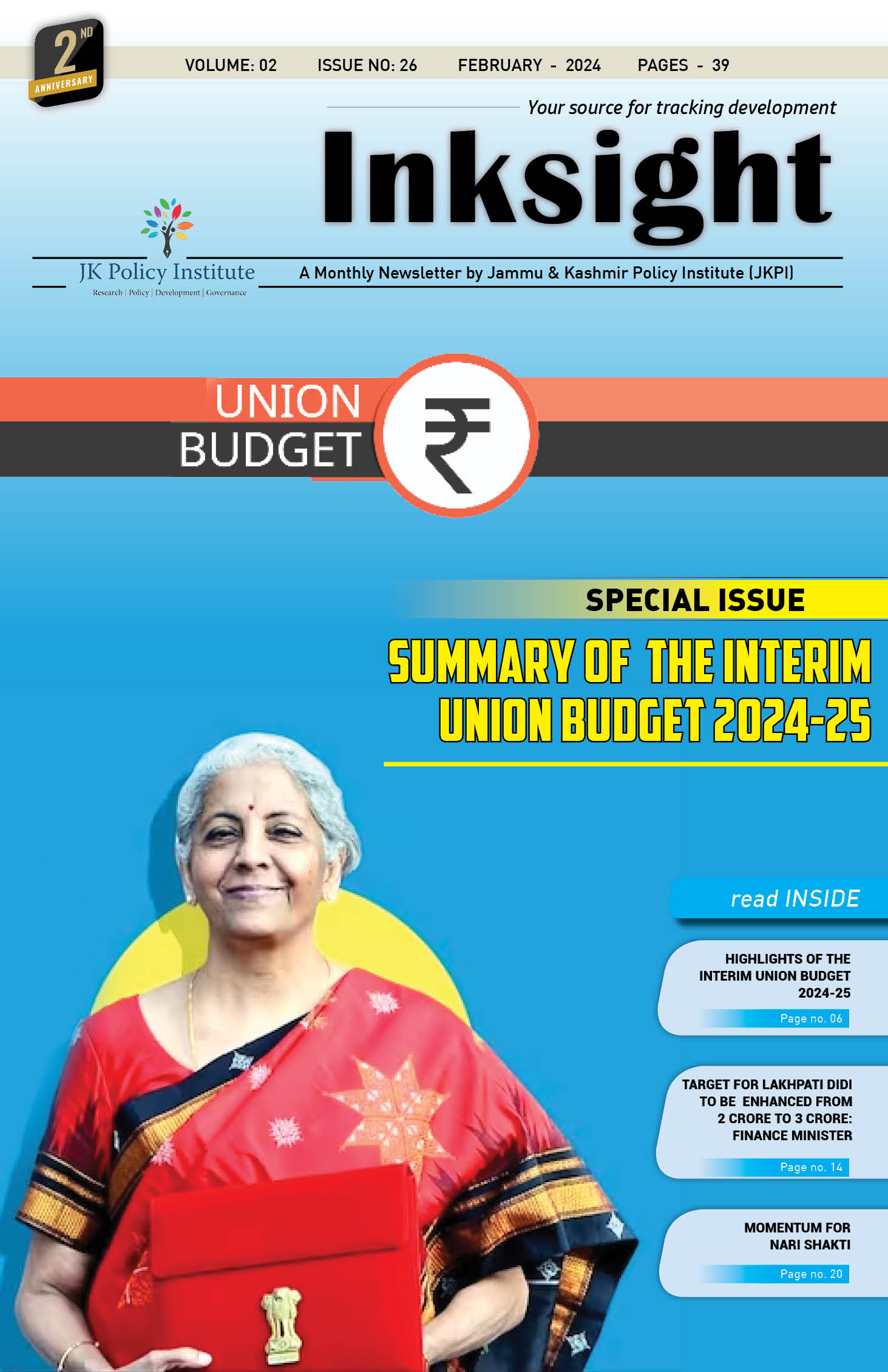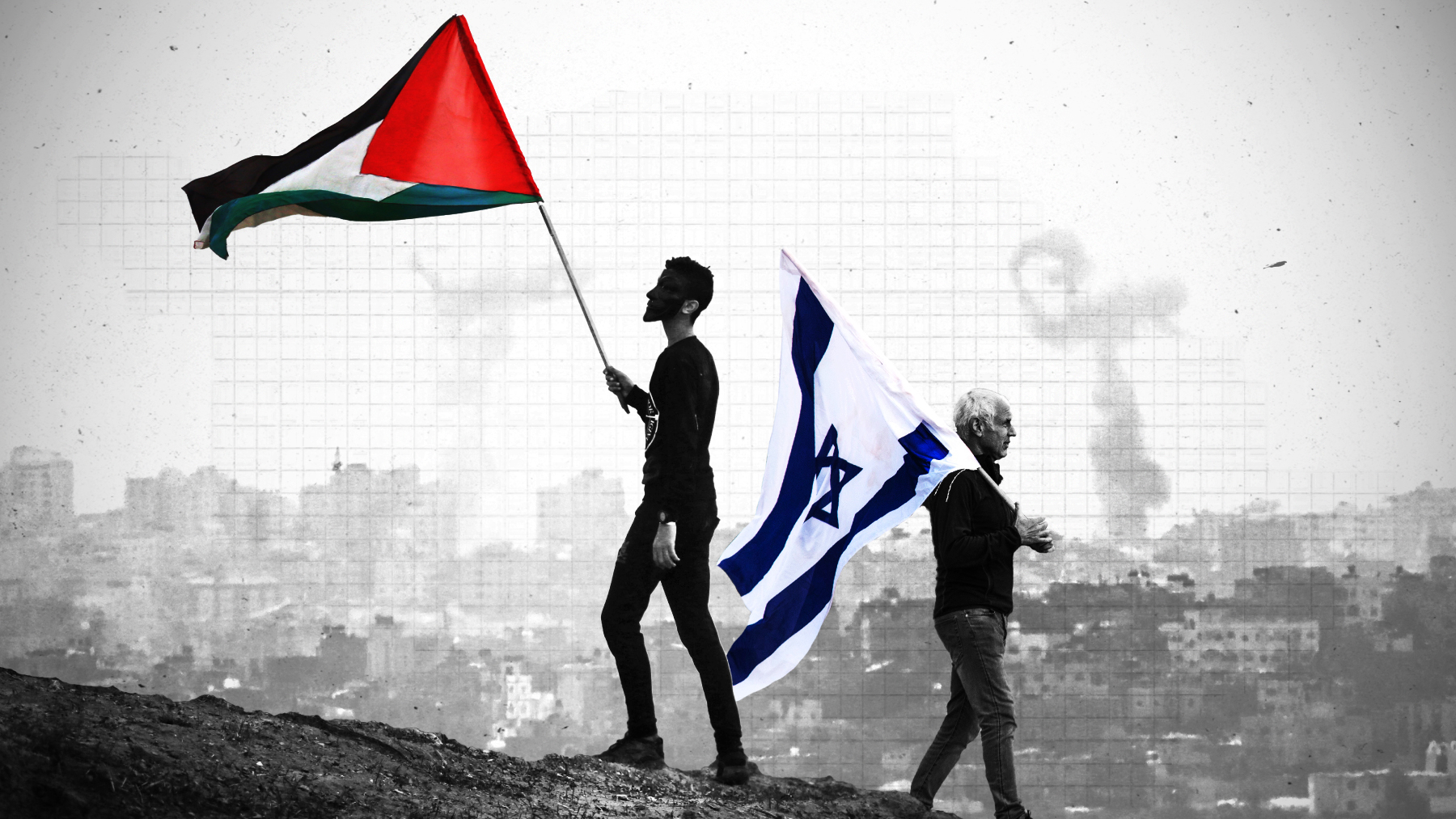The identity of the people of any nation is strongly connected to its policies and this concept is rooted in the formation of their beliefs about their country. Emotions in decision-making roles have been increasingly significant with the dynamics of geopolitics. Jerel A. Rosati advocated world politics to be in a hypothetical stage where leaders will act rationally with power while seeking power. In reality, a difference in this assumption was clearly represented while Adolf Hitler rose to power during the Nazi occupation. Thus, international geopolitics expresses a complex understanding of human weakness and irrationality. This is predetermined by the foundations of true wisdom, deeply rooted within practical psychology. The contemporary times outline a perfect blend of connections that has emerged out of the rational and intellectual approaches – wisdom gained by preferences and consequences, and understanding attained through beliefs and practices. The cognitive learning capacity is restricted to being open-minded, conscious, and adaptable while assuming that people may view their environment differently and function within their ‘mental environment’. The cognitive perspective helps to understand the general moments of how processes create uncertainty.
Taking cues from Rosati, five ways in which understanding and cognitive perspectives affect global politics are:
- On the content of the policy maker’s beliefs
- On the planning and structure of the policy makers’ beliefs
- Through the same patterns of understanding
- On the strength of the concept of change and learning
- On the impact of policy making.
The way of thinking provides descriptive and predictive power in international relations research and foreign policy. Going from the level of foreign policy to the level of global politics, there is no need to abandon human understanding and the beliefs of policymakers because of the false psychological beliefs of rational actors. The more a person attaches himself to a nation, the more he is aware of the threats to the nation and the more inclined he is to develop beliefs that allow him to act on those feelings. Significant differences in beliefs throughout the world promote the search for the origin of these beliefs, which emphasize differences in the perception of a foreign power. In social identity theory, people find their personal characteristics in the groups they belong to. The theoretical view here is that as much of a person’s sense of self is bound to the nation, he will be more sensitive to threats and opportunities from other countries. In addition, it was found that different emotions produce different behavioral patterns. For example, anger leads to readiness to attack, fear creates caution, love of things that fuel cooperation, etc. when feelings of inadequacy and intimidation become stronger, a common belief promoted by the image of the enemy. Fear and anger are not the only emotions that motivate beliefs but the desire to take advantage of these beliefs.
Israel and Palestine – Conflict
The conflict between Israel and Palestine is a perfect example of how prejudice and other cognitive biases can impair one’s view of their opponent and hinder him/her from reaching an amicable solution. Israel, the only Jewish state in the world, is located near the Mediterranean Sea. Palestine refers to the territory as the land controlled by the Arab population that hails from Israel. The Israeli-Palestinian conflict is over who gets control over the land and how it must be controlled. Their political conflict began in the early 20th century.
Jews were fleeing prosecution in Europe and wanted to establish a national homeland in what was then an Arab and Muslim majority territory in the Ottoman Empire, controlled by the Imperial Crown of British. The Arabs resisted since they thought the land rightfully belonged to them. Earlier, the United Nations planned to give each group a part of the land, however, this failed miserably. Today’s territorial divide is a result of the 1948 and 1967 wars. The 1967 war left West Bank and Gaza (both territories were home to large Palestinian population) in control of Israel. Presently, the West Bank is controlled by the Palestinian Authority and is under Israeli occupation. This leads to a situation where Israeli troops enforce strict security restrictions on Palestinian movements and activities. Gaza is controlled by Hamas (Islamist fundamentalist party) and is under Israeli blockade. The peace negotiations between these two groups fell apart in July 2014 and the conflict escalated to a full-on war between Israel and Hamas.
What is Nakba and the problems in negotiation?
The 1948 war uprooted 7,000,000 Palestinians from their homes. This created a refugee crisis that hasn’t been resolved to date. This mass eviction is what was called “Nakba” (Arabic for catastrophe). Palestinians looked at this war as a premeditated effort by Jews to ethnically cleanse Palestine of Arabs. Since 1948, the core Palestinian demand in peace negotiations was justice for these refugees. This was most commonly in the form of the “right to return” to the homes they left in 1948. However, Israel can’t accept this “right to return” without abandoning either its Jewish or democratic identity because adding 7 million Palestinian refugees to Israel’s population would make Jews a minority. Another major problem in negotiations is how to find a way to get justice for the refugees that both Israeli and Palestinian people can accept.
How are other Middle Eastern countries handling this conflict?
Egypt- Egypt’s 1978 peace treaty with Israel, the first signed by any Arab state, is underwritten by massive amounts of American aid to both Egypt and Israel. The treaty forbids Egypt from forming a military presence in the bordering Sinai Peninsula, which helped militant and criminal groups flourish there.
Syria- The Syrian government is still quite hostile to Israel. Syria is aligned with Iran, Israel’s greatest adversary in the region today.
Lebanon- Lebanon is home to Hezbollah, a virulently anti-Israel Shia Islamist group funded by Iran. Hezbollah is a major force in Lebanese politics, so Lebanon is unlikely to play any role in Israeli-Palestinian negotiations in the near term.
Jordan: Israel’s eastern neighbour both has a peace treaty with Israel and houses the largest concentration of Palestinian refugees. It’s also one of Israel’s neighbours where Palestinians have full citizenship rights.
Iran- The Iranian government believes Israel is fundamentally illegitimate and supports the most hard-line anti-Israeli Arab factions. Israel sees Iran’s nuclear program as a direct and existential threat, and Iran feels the same about Israel’s officially undeclared nuclear weapons. Iran has provided significant military financial backing to Hezbollah, Hamas, and Syria.
Turkey- Long on good terms with Israel, Turkey has become increasingly pro-Palestinian in recent years. Its Islamist Prime Minister has positioned himself as a champion of the Palestinian cause for ideological, domestic, and geopolitical reasons. Israeli-Turkish conflict over an Israeli raid on a Turkish aid mission to Gaza severed diplomatic relations between the two countries, and relations still have not been formally normalized.
Saudi Arabia- The kingdom donates hundreds of millions of dollars to the Palestinian Authority and is the driving force behind an Arab League peace plan floated as an alternative to traditional Israeli Palestinian negotiations. Though Saudi Arabia has yet to recognize Israel, the two nations’ mutual hostility toward Iran has built an unprecedented working relationship between the Saudi and Israeli governments.
Cognitive dimensions of the Arab Israeli conflict:
A study conducted by Michael Inbar and Ephraim Yuchtman-Yaar in 1982 explains the cognitive dimensions of the Arab-Israeli conflict. It involved Arab and Jewish respondents living both in the Middle East and the United States. The study consisted of three classes of variables. They were:
-Independent variable: Individual’s background characteristics
-Intervening variable: Cognitive dimensions of the conflict
-Dependent variable: Attitudes and expectations about the conflict
Fourteen elements were considered for this study. They are:
-Military Strength, World Opinion, Population Size, American Opinion, Arab Unity, World Jewry, Economic Strength, Justice, U.S. Influence, Passage of Time, Russian Influence, God’s Will, European Influence and Leadership
The findings signified that there were sharp differences between Israelis and other Arabs. These findings reflect cultural differences between two societies, either or both with respect to basic optimism and different levels of modernization. Israelis tend to emphasize more tangible resources like military strength and population size, whereas others attach greater importance to less tangible factors like justice, God’s will, etc. When nationality and patriotism were tested, it was found that people who were more patriotic were biased towards their nation and favoured elements like military strength, economic strength, influence, and leadership. This was because people who are more patriotic are overconfident in the abilities of their country. This created an information asymmetry and impaired their judgement. Israelis devoted to their country favoured the establishment of a completely Jewish state and ignored the atrocities committed by Israelis on Palestinians. However, Israelis with a much broader perspective of the world favoured continuing the negotiation process so both parties could benefit. They also acknowledged the atrocities committed by Israelis on Palestinians.
It is thus believed that attachment to the nation associates positively with more intense emotional appraisals of the international situation. In other words, as attachment increases so do the judgment that potentially threatening situations represent bigger problems. As national attachment increases so will the inclination to attribute defensive intentions to countries that are liked and aggressive intentions to countries that are disliked. The national attachment and the perceived instrumental utility of foreign countries increase beliefs about the importance of nationalism in the country will decline as will assessment of the popular support for those leaders opposing the observer’s country.





Leave a Reply
You must belogged in to post a comment.